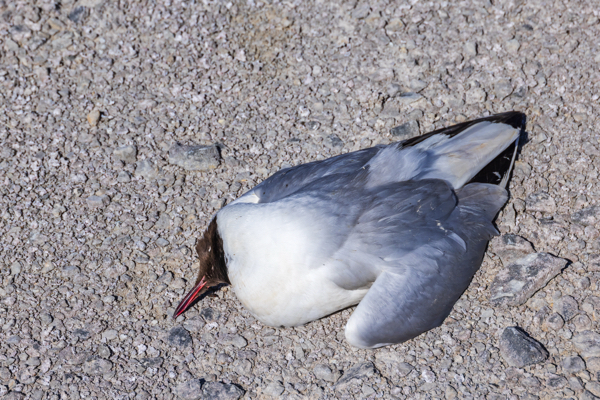THE GREEN STINK: WEF urges public to wash clothes less frequently to combat climate change
07/01/2024 / By Laura Harris

The World Economic Forum (WEF) has issued new guidelines encouraging people to wash their clothes less often to mitigate the impact of climate change.
According to the video released by the WEF on their official website, washing and drying clothes account for 30 percent of the carbon dioxide (CO2) emissions of the global fashion industry, which produced 2.1 billion metric tons of CO2 in 2018, equivalent to the combined emissions of France, the United Kingdom and Germany. (Related: Climate change fanatics still trying to ban gas stoves – they’re just doing it quietly now.)
The WEF also points out the harmful effects of laundry detergents on waterways and notes that frequent washing can cause clothes to deteriorate more quickly.
So, WEF experts advise against washing clothes after every use. Instead, they suggest washing jeans no more than once a month, jumpers every two weeks and pajamas once a week, using colder water and air-drying to save millions of metric tons of CO2 emissions annually.
“If you skip one in six washing loads, switch half your loads to 30 degrees Celcius and swap your tumble dryer for a clothesline one in six times, we could all save 186 million metric tons of CO2 each year,” the WEF stated on their video. But the guidelines still recommend washing underwear and gym clothes after each use.
The globalist organization argues that these actions can significantly “mitigate” the impact of climate change as the annual emissions of the fashion industry are expected to rise to 2.7 billion metric tons by 2030.
Globalists are imposing “climate change craziness” to control the global population
Aside from washing clothes less often, the organization also advocated for consuming insects as a protein source to combat climate change.
In 2021, the WEF claimed that insects are an efficient source of protein that requires fewer resources than traditional livestock, so replacing meat with insects could reduce climate change. The WEF argues that crickets are twice as efficient as chickens and up to 12 times more efficient than cattle in converting feed to meat, so they can replace fishmeal in aquaculture, reducing fish mortality by 40 percent. They also claim that insects provide high-quality protein for human and animal diets, and even offer potential health benefits like lowering cholesterol levels.
Moreover, the WEF suggests that insect farming produces lower CO2 emissions and requires less water and land than traditional agriculture. Therefore it can reduce pollution by 99 percent compared to traditional livestock farming and utilize agricultural by-products, minimizing waste. The WEF also says insect-derived fertilizers enhance crop yields and biomass, outperforming chemical fertilizers in trials.
These are just a few of the many “climate change craziness” that globalists are trying to impose on the public to have “global control.”
“The climate alarm is nonsense. It’s a hoax” – so says William Happer, an emeritus professor of physics at Princeton University. “I think ‘scam’ is a better word – but I am willing to live with ‘hoax.'”
Read more about so-called climate change at Climate.news.
Watch this video of WEF advisor Yuval Noah Harari claiming that “programming” people is necessary.
Watch the video below to learn more about the climate change propaganda.
This video is from the channel The Prisoner on Brighteon.com.
More related stories:
Climate change craziness: New Zealand plans to tax FARTS and BURPS of farm animals.
Pentagon plans to serve LAB-GROWN MEAT to troops in the name of climate change.
Sources include:
Submit a correction >>
Tagged Under:
absurd, carbon dioxide, Climate, climate change, conspiracy, deception, Ecology, environment, globalists, green living, Green New Deal, green tyranny, hoax, insanity, laundry, lies, propaganda, stupid, world economic forum
This article may contain statements that reflect the opinion of the author
RECENT NEWS & ARTICLES
COPYRIGHT © 2018 DECEPTION.NEWS
All content posted on this site is protected under Free Speech. Deception.news is not responsible for content written by contributing authors. The information on this site is provided for educational and entertainment purposes only. It is not intended as a substitute for professional advice of any kind. Deception.news assumes no responsibility for the use or misuse of this material. All trademarks, registered trademarks and service marks mentioned on this site are the property of their respective owners.




















